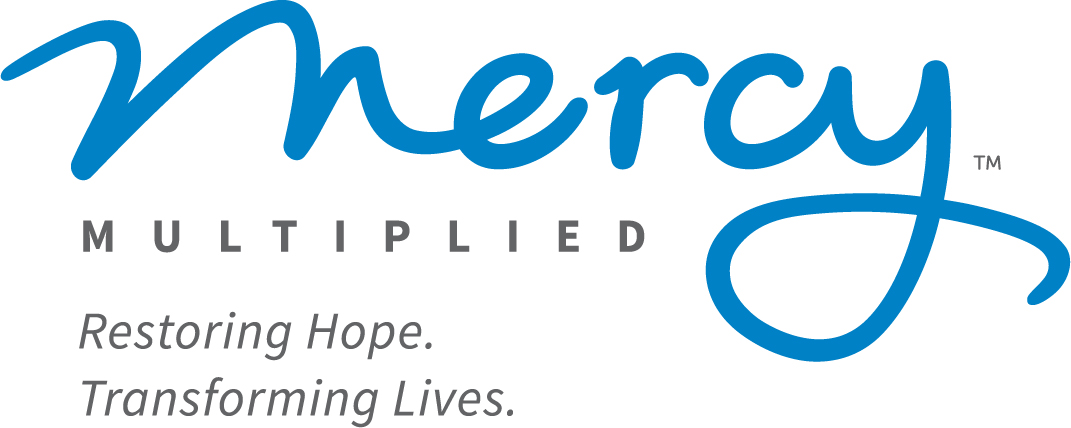It is easy to graduate from a program or school and shove everything one has learned to the back of the mind, never to be thought of again. No matter the program, the work is intensive and can make you dread ever interacting with the subject matter again since it has become the entirety of your education.
I experienced this when I graduated from my master’s program in May. After studying Christian Ministry for 6 years, I was not interested in speaking, thinking, or doing anything related to Christian ministry! However, my master’s thesis was on the topic of “practical theology.” And as I was recently reflecting on my time studying this specific subject, I was confronted with how backward my thought process had become.
Theology is simply “the study of God and Christian beliefs.” However, when most people think about theology, they think about a complicated concept with too many large words ending in “-ology” and ideas that go over our heads. It is typically difficult for people to translate theology into anything meaningful to their real lives.
However, practical theology is different; it studies how theology can be lived through daily means. So, it brings all those lofty theological ideas back down to earth and seeks to figure out what they have to do with our personal lives.
Take, for example, pneumatology, which is the study of the Holy Spirit. This area of study works to understand ideas such as who the Holy Spirit is and His characteristics. But practical theology takes it a step deeper and asks a question like, “What place does my understanding of the Holy Spirit have in my current situation?”
So, back to my realization. I was reminded that practical theology isn’t just another field of study, but a way of life. Whether or not we’re aware, each of the decisions and choices we make as Christians is being influenced by our personal theology. So, you are likely practicing your theology more than you even realize.
In its simplest form, practical theology can be used in a “WWJD?” (which, if you don’t know, stands for “What would Jesus do?”) kind of way. It is taking all that knowledge we have about Him, the Holy Spirit, and God and using it to make life decisions, evaluate our feelings about certain situations, and determine how to treat others.
Practical theology also influences how we function as the Body of Christ. It causes us to determine the purposes behind worship, the sacraments, preaching and teaching, and fellowship, and figure out how those look in the life of the Church. Lifting your hands in worship, taking communion, and loving your neighbor are all forms of practical theology.
Practical theology is ultimately something we must choose to exercise daily, like a muscle. Our decisions and actions must flow from our love for Christ and desire to live as He taught us to live. When we do this, we no longer see theology as simply a set of cognitive beliefs but as our way of life. We learn how to practice all we know about God each day, intentionally letting it influence our beliefs, actions, and decisions. So, try your hand at practicing some of that theology you have learned on your Christian walk. Ask God what it looks like to practically live out your theological beliefs. Don’t put the concept of theology into a box; instead, see how your theology comes to life as you intentionally put it to work each day.
Mercy Multiplied exists to provide opportunities for all to experience God’s unconditional love, forgiveness, and life-transforming power. We offer multiple programs and resources online and onsite designed to equip people to live free and stay free in Christ. For more information about the services we offer, click here.
Want more resources? Check out our MercyTalk podcast episode, “Is God Supposed to Be Enough?”. For daily inspiration, follow us @MercyMultiplied on Facebook, Instagram, and X!

